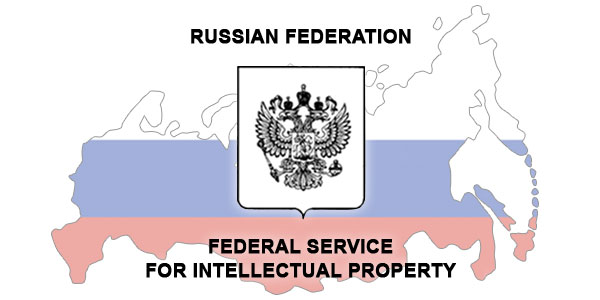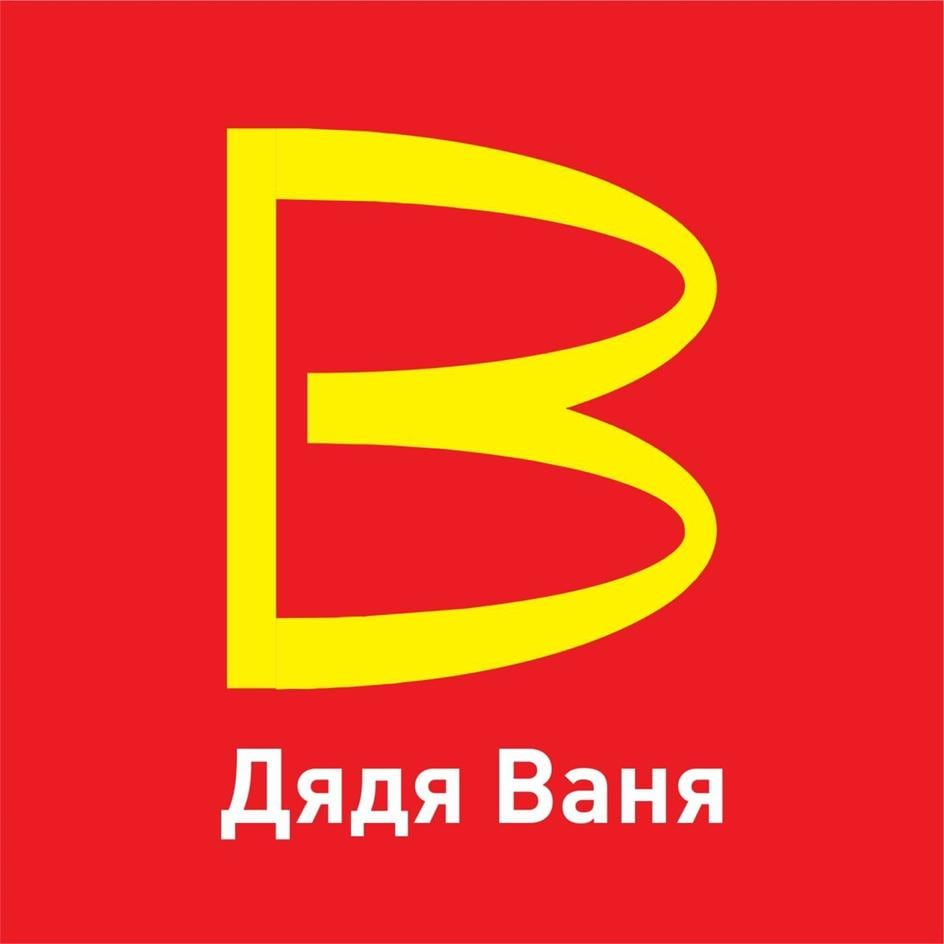Trademark and Patent Rights are Under Threat in Russia

The United States and other Western nations imposed harsh economic sanctions against Russia in response to its brutal invasion of Ukraine. Those sanctions have dealt a serious blow to the Russian economy, but ripple effects are now being felt by foreign companies that have patents, trademarks, or other intellectual property in Russia.
Russia has begun to take steps to make the stealing of intellectual property owned by companies based in “unfriendly countries” legal.
Threats from Russian state media
In early March, the Russian-state media company TASS reported that Russia was threatening to suspend trademark and patent rights of companies that are ceasing operations in Russia, or in connection with “sanctioned goods.”
The statement was in response to the decision by dozens of companies to participate in the sanctions. It was also an early sign that Russian entities may be able to use trademarks and patents owned by those companies without the threat of litigation.
Russian government decree makes patent infringement more likely
Russia made good on its threat to suspend intellectual property rights with a decree that patent holders from countries that are deemed “unfriendly” to Russia would not be entitled to compensation or damages resulting from “compulsory licenses” granted to patents.
As of the writing of this blog, the Russian government could determine that any patent owned in Russia is needed for national security (or another purpose) and give the rights to a Russian company to use the patent without the threat that they would face any lawsuits or have to pay any licensing fees.
Peppa Pig loses in court
The loss of intellectual property rights in Russia became even more evident when a legal challenge of trademark infringement involving the animated character Peppa Pig was upheld in a Russian court.
The target was a Russian entrepreneur who has been using trademarks for both Peppa Pig and Daddy Pig. The court ruled that the cartoon character could be used without punishment, and dismissed the case in a ruling that cited “unfriendly actions of the United States of America and affiliated foreign countries” as justification.
The Peppa Pig decision turned a lot of heads because it gave a signal that the courts have probably been ordered to start to allow the piracy of, and the infringement of, intellectual property owned by Western companies.
McDonald’s becomes a target of trademark squatters

McDonald’s has been one of the best-loved and iconic Western brands in Russia for more than 30 years. It holds a special place among the Russian people as one of the first U.S. companies to set up shop in the former Soviet Union. It was common to see long lines of customers stretching outside of its restaurants.
The company temporarily closed most of its 850 locations in response to the Ukraine conflict, while approximately 100 franchisee-operated restaurants remain open.
The response came quickly as a trademark application was filed for the McDonald’s logo, using the name “Uncle Vanya.” The logo’s similarity is both simple and blatant: The iconic golden arches have been turned on their side, with a gold bar running down the left to resemble the Cyrillic letter “B.” Its English equivalent is the letter “V.”
The Russian Duma had previously suggested that all McDonald’s locations would be replaced by the Uncle Vanya brand. However, it is more likely that the application was filed by a trademark squatter.
This is the way squatters think. Somebody might have seen a member of Parliament talk about making McDonald’s into Uncle Vanya, and said: “I’ve got a great idea. Let me file a trademark application for this, and I’ll sell it to someone.”
Without trademark protections, Russia could take the McDonald’s that have been shut down and let local operators operate the restaurants. If you’re Vladimir Putin and you want to make a point, you’ll just find someone to turn these McDonald’s into something that’s a little bit more Russian.
It will be interesting to see if Russia’s trademark office approves the application for registration. Prior to the Ukraine war, it was common to see the Russian trademark office refuse trademarks that were too close to other brands, even those of Western companies. We will now have to watch closely to see how this application is handled.
McDonald’s is in danger of serious damage to its investment in Russia. It is unclear when, if ever, the company will be able to reopen its stores.
Russian trademark squatters have also started targeting other Western brands
Russian trademark squatters are out in full force. Trademark filings have been made for:
• IDEA Furniture Factory (with the IKEA logo).
• Rustagram
• Instarus
• Starbucks
When these applications are taken into context with the Peppa Pig decision, it becomes clear that we could be watching the rapid evaporation of the ability to enforce trademarks in Russian courts.
Also, Russian lawyers may wish to avoid any appearance of sympathy to Western interests. Not only are courts going to be stacked against trademark owners, but the companies might not have counsel that is willing to help them, because they fear for their own safety.
Russian prosecutors threaten to seize assets
In addition to allowing theft of intellectual property, the Wall Street Journal has reported that Russian prosecutors have threatened to confiscate assets of companies who cease doing business in the country.
This presents an uncomfortable dilemma: If a company could lose money or stock value from having their intellectual property and other assets seized in Russia, does it need to favor shareholder value over moral obligation?
The war atrocities are so bad that many companies appear (like McDonald’s) to feel that the risk of continuing to do business in Russia outweighs the potential loss in value from having their trademarks and patents seized. This is significant because such a threat pressures the companies, who owe a duty to their shareholders, to think twice about further isolating Russia.
What happens in the long term?
I expect that Russian efforts to seize and/or misappropriate Western intellectual property will intensify in the coming weeks. Stealing trademark and patent rights during wartime has happened before. During WWI and WWII, the U.S. Government seized trademarks and patents from companies based in Germany and Japan.
But the larger issue is what happens when the conflict in Ukraine is resolved:
• Will companies who have spent millions on developing business relationships with Russia question the wisdom of renewing those ties?
• Will they seek some sort of accommodation or compensation for damages, which would likely encounter government resistance?
• How will the new political landscape of Russia’s future relations with Western nations – and all of Europe – affect a company’s ability to do business there?
Finally, and perhaps most importantly, can a nation that is still controlled by Putin be trusted as a partner, especially after making threats to seize business assets in the event of a conflict?
Those questions will take years to answer.
Do you need assistance with a trademark matter?
Contact an Attorney Today